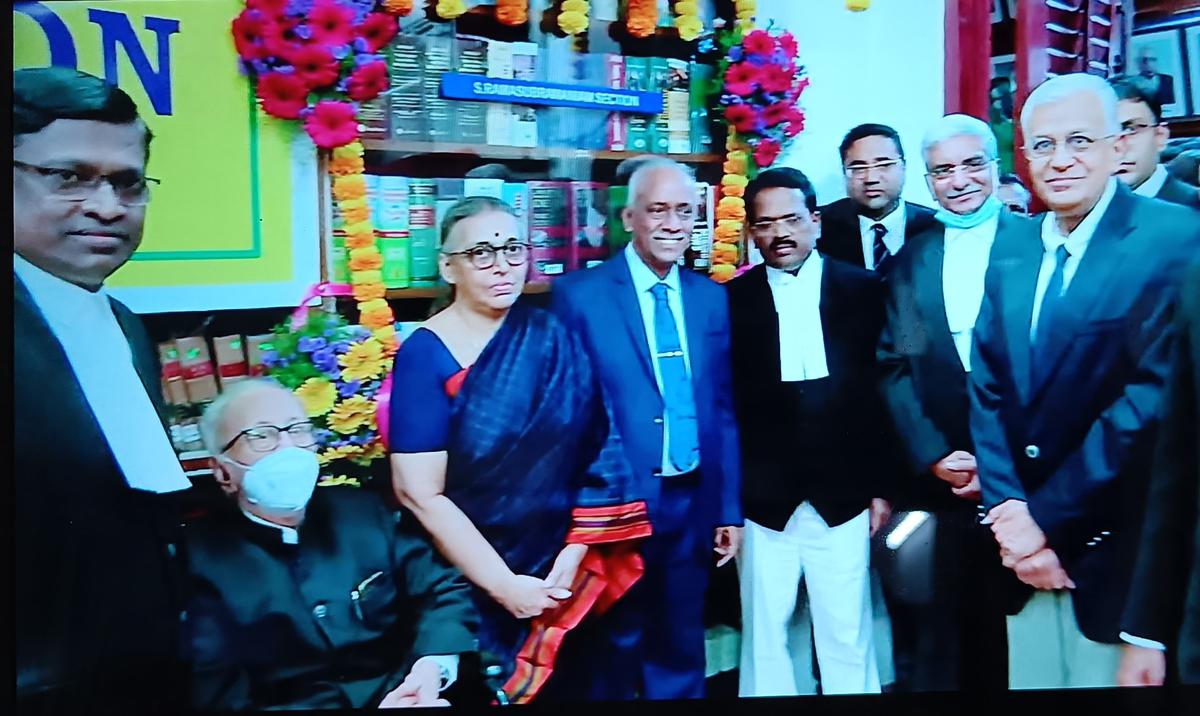
Don’t consider ethics and the legal profession to be an oxymoron, Supreme Court judge tells young lawyers
The Hindu
Honest lawyers could also be successful, he says
Justice V. Ramasubramaniam of the Supreme Court on Tuesday dissuaded young lawyers from considering ethics and the legal profession to be an oxymoron and cited examples of old timers such as octogenarian senior counsel S. Ramasubramaniam for having proven that honest lawyers could also be successful.
After declaring open a library section named after the senior counsel at the Madras Bar Association (MBA) inside the Madras High Court buildings, the judge said, the revered senior lawyer had graduated in law in 1956 and was a recipient of Dr. Subramania Iyer gold medal for standing first in constitutional and international law.
The Supreme Court judge said: “Normally, I believe that gold medalists in law college will never be successful in the profession. I always used to look at my own example and tell law students to be not very successful in academics but Mr. S. Ramasubramaniam turned it the other way round.”
Stating that he had never seen the senior counsel getting ruffled in any court despite facing very aggressive lawyers representing the labour unions, the judge said, the counsel believed in persuasive and not aggressive arguments. He also said that a 2013 interview given by the senior counsel to a legal news website reflected his personality. In the interview, he was asked whether honest lawyers could survive in the profession and he replied assertively that they could certainly survive if there was backup from the judiciary. He went on to state that lawyers were only intermediaries and that if the judiciary was strong, it would never let down a honest lawyer.
The judge also said that the senior counsel believed in not antagonising the opposite party in any case. He always kept the bridges open because the parties might be fighting today but willing to reconcile tomorrow. Therefore, he believed that he should not be a bar to such reconciliation and that a case settled was better than a case won.
According to the senior counsel, litigation was all about understanding the problems of the clients, understanding the problems of the other side, communicating this to the judge and then arriving at a decision in accordance with law and as per justice. In his career, he was ably assisted by his lieutenants Sanjay Mohan and Krishna Srinivasan, the judge added.
Concluding his speech with a humourous note, the judge said: “When my name was recommended for elevation to the Bench in 2006, there were no anonymous or pseudonymous letters against me because many lawyers thought it was senior counsel S. Ramasubramaniam who had been recommended for the Bench. Therefore, I had a borrowed shine.”













